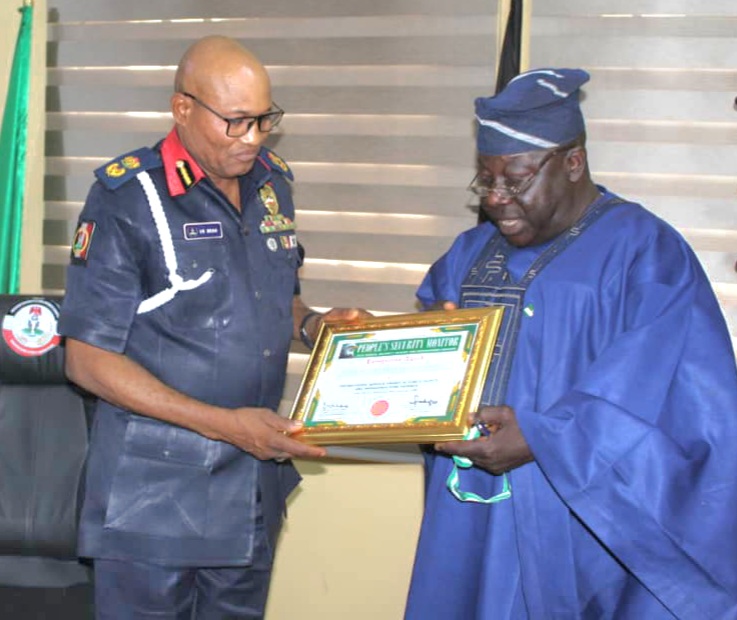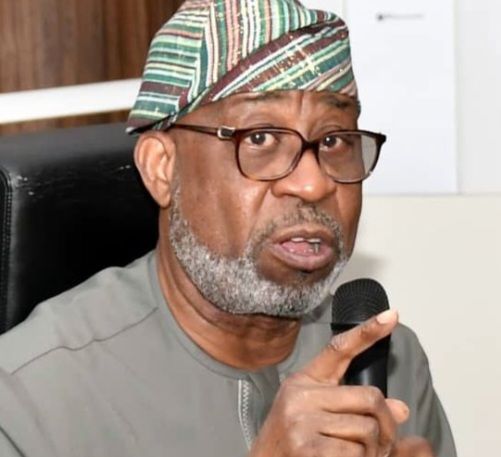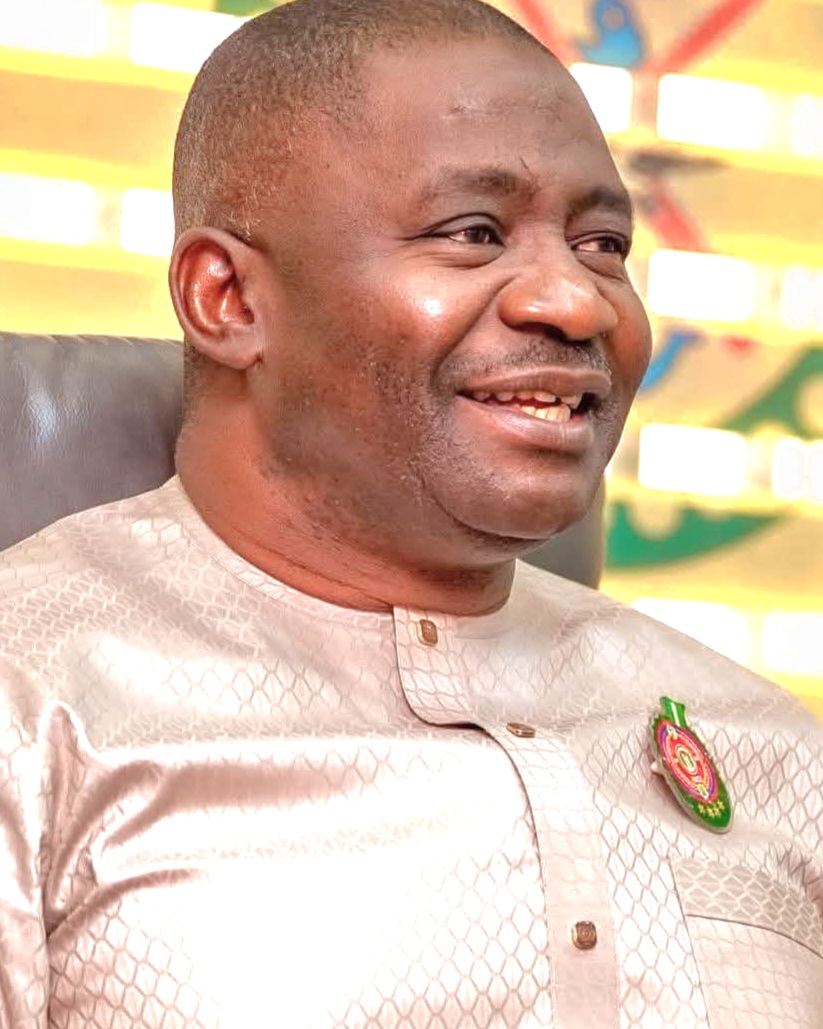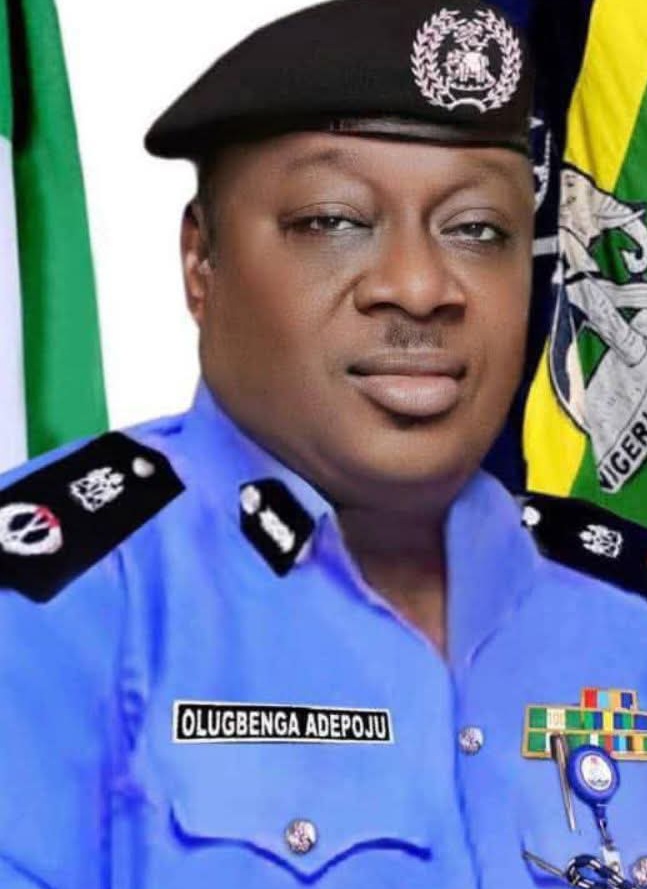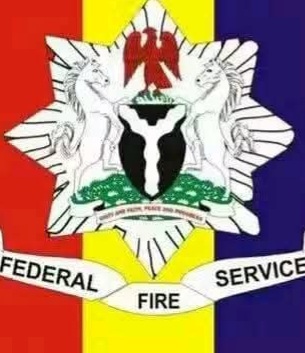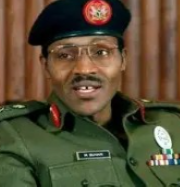
Abdulmumuni Kazaure, a military analyst, writes from London.
In the annals of Nigeria’s military history, few figures cast a shadow as long or as controversial as General Muhammadu Buhari. Before the medals, the power suits, and the eventual presidency, Buhari was the archetype of the soldier’s soldier: austere, resolute, and unflinchingly loyal to the flag.
But long before his name became synonymous with Nigeria’s anti-corruption crusade, Buhari stood on the precipice of launching one of the most audacious military operations in West Africa’s modern era a near-incursion into Cameroon.
It was the late 1970s. Buhari, then a Brigadier and General Officer Commanding (GOC) of the Nigerian Army’s Third Armoured Division, was stationed in Jos. His area of responsibility spanned the volatile northeastern border with Cameroon, including the hotly disputed Bakassi Peninsula, a powder keg of nationalist tensions, resource contests, and community skirmishes. The region was restive. Cameroon’s security forces were regularly accused of harassing Nigerian citizens in border villages. One incident, however, would tilt the balance.
Reports surfaced: Cameroonian gendarmes had allegedly crossed into Nigerian territory near Lake Chad, detained civilians, and executed several. The outrage was immediate. Lagos, then Nigeria’s federal capital, called for action. Buhari answered.
He moved fast. Within days, tanks rumbled through dusty towns, artillery was positioned along the frontier, and Nigerian troops advanced to within striking distance of Cameroonian soil. Military analysts called the deployment “strategic,” but for many inside the division, it felt like war was imminent.
“The atmosphere was electric,” recalls a former officer who served under Buhari. “We weren’t posturing. We were ready.”
The operation caused ripples far beyond Nigeria’s borders. The Organisation of African Unity raised concerns, while France, Cameroon’s main ally at the time monitored the situation closely. Diplomats rushed to de-escalate the crisis, urging Nigeria’s civilian government, led by President Shehu Shagari, to weigh the wider implications. A full-scale border conflict, they warned, could quickly spiral out of control.
Eventually, Abuja ordered a halt. Buhari stood down but not without protest. He maintained forward positions, a quiet defiance that underscored his reputation as a commander who never blinked. Those close to him said he believed a stronger show of force might have permanently silenced provocations along the border.
The incident never made it into the textbooks. No shots were fired. No treaties were signed. But within military circles, the story endures of the GOC who almost took Nigeria to war in defense of its people.
To some, it was reckless brinkmanship. To others, it was vintage Buhari: unbending, unafraid, and unapologetically patriotic.
In the years that followed, Buhari became a well-known political figure, first as a military leader, and later as a democratically elected President. But for the soldiers who served under him in Jos, his true legacy wasn’t built in the capital or through political speeches. It was shaped during that tense moment at the Cameroon border, where he showed that Nigeria’s sovereignty was deeply personal to him, and not something he was willing to compromise.

